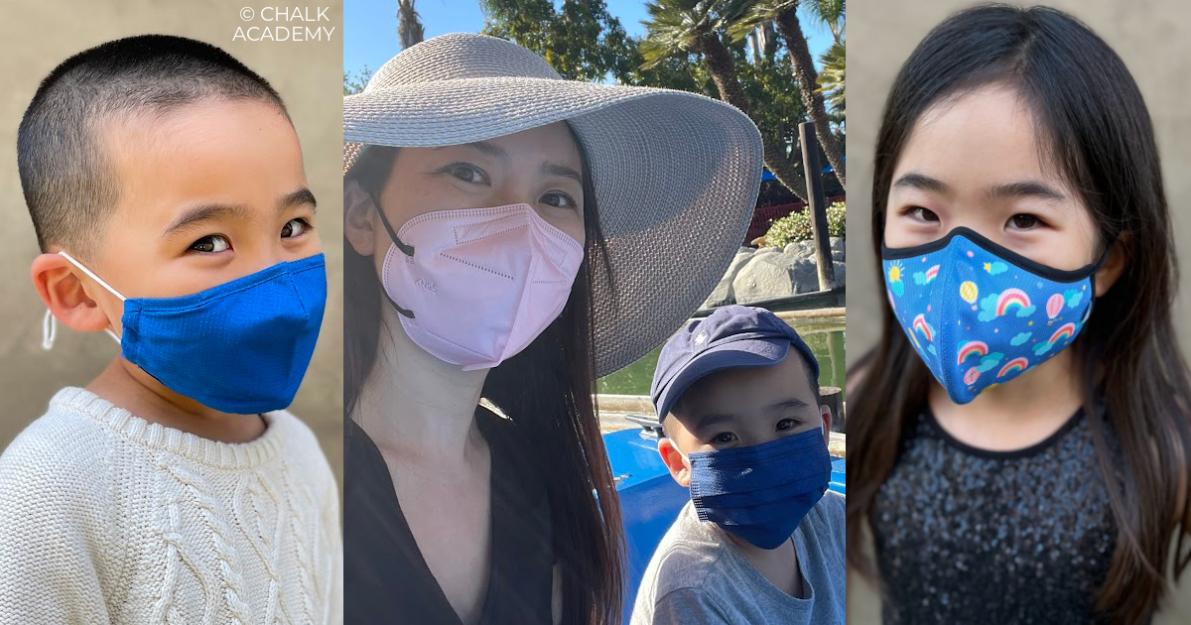Unveiling the Truth: Are KF94 Masks More Effective Than Surgical Masks?
In the midst of the ongoing COVID-19 pandemic, personal protective equipment (PPE) has become an essential part of our daily lives. Among the various types of PPE, face masks have emerged as a crucial tool in preventing the spread of respiratory illnesses. This article aims to compare the effectiveness of KF94 masks and surgical masks, two commonly used types of face masks, in protecting against airborne particles.

Background
Face masks come in different types, each with its intended use. KF94 masks, commonly used in South Korea, are known for their high filtration efficiency and tight fit. Surgical masks, on the other hand, are widely used in healthcare settings and are designed to protect the wearer from splashes and sprays.
The COVID-19 pandemic has highlighted the importance of face masks in preventing the spread of the virus. Studies have shown that face masks can significantly reduce the transmission of respiratory droplets, which are the primary mode of transmission for COVID-19.
Comparative Analysis
KF94 Masks:
- Definition: KF94 masks are South Korean-made respirators that meet the Korean Filter Efficiency Rating (KFE) standard. They are designed to filter at least 94% of particles with a size of 0.3 micrometers or larger.
- Unique Features: KF94 masks typically have a four-layer construction, which includes a melt-blown filter layer that effectively blocks particles. They also have a tight fit around the face, minimizing the leakage of unfiltered air.
- Filtration Efficiency: Studies have shown that KF94 masks have a high filtration efficiency, ranging from 94% to 99%. This means that they can block a significant proportion of airborne particles, including viruses and bacteria.
- Advantages: KF94 masks offer several advantages over surgical masks. They provide a higher level of protection against airborne particles, including smaller particles that can penetrate surgical masks. Additionally, KF94 masks are more comfortable to wear for extended periods due to their better fit and breathability.
Surgical Masks:
- Definition: Surgical masks are loose-fitting, disposable masks that are commonly used in healthcare settings. They are designed to protect the wearer from splashes and sprays of bodily fluids.
- Construction: Surgical masks typically have a three-layer construction, consisting of an outer water-resistant layer, a middle filter layer, and an inner absorbent layer.
- Filtration Efficiency: Surgical masks have a lower filtration efficiency compared to KF94 masks. Studies have shown that surgical masks can filter approximately 60-80% of particles with a size of 0.3 micrometers or larger.
- Advantages: Surgical masks are widely available and affordable. They are also comfortable to wear for short periods and are generally well-tolerated by most people.
Factors Influencing Mask Effectiveness
Proper Fit And Usage:
- Importance: Proper fit and usage of a face mask are crucial for ensuring optimal protection. A mask that is not worn correctly can allow unfiltered air to leak in, reducing its effectiveness.
- Common Mistakes: Some common mistakes in mask-wearing include not covering the nose and mouth completely, wearing a mask that is too loose, or touching the mask frequently.
Mask Material And Construction:
- Impact on Effectiveness: The material and construction of a face mask can significantly impact its effectiveness. Masks made from high-quality materials and with a tight fit provide better protection than those made from low-quality materials or with a loose fit.
- Comparison: KF94 masks are typically made from high-quality materials and have a tight fit, which contributes to their higher filtration efficiency compared to surgical masks.
Applications And Recommendations
High-Risk Settings:
- Suitability of KF94 Masks: KF94 masks are suitable for use in high-risk settings, such as healthcare facilities, crowded public spaces, or areas with high levels of air pollution.
- Guidance on Use: In high-risk settings, it is recommended to wear a KF94 mask whenever possible to maximize protection against airborne particles.
General Public Use:
- Appropriateness of KF94 Masks: KF94 masks can also be used by the general public in certain situations, such as when traveling on public transportation or attending large gatherings.
- Recommendations: For general public use, KF94 masks may be more suitable for individuals who are at higher risk of severe illness from COVID-19 or other respiratory illnesses.

In summary, KF94 masks and surgical masks offer different levels of protection against airborne particles. KF94 masks have a higher filtration efficiency, a tighter fit, and provide better protection against smaller particles compared to surgical masks. However, surgical masks are more widely available and affordable. The choice of mask should be based on the specific situation and individual needs. Proper fit and usage of any mask are essential for optimal protection.
By making informed decisions about mask selection and usage, we can all contribute to reducing the spread of respiratory illnesses and protect ourselves and our communities.
YesNo

Leave a Reply